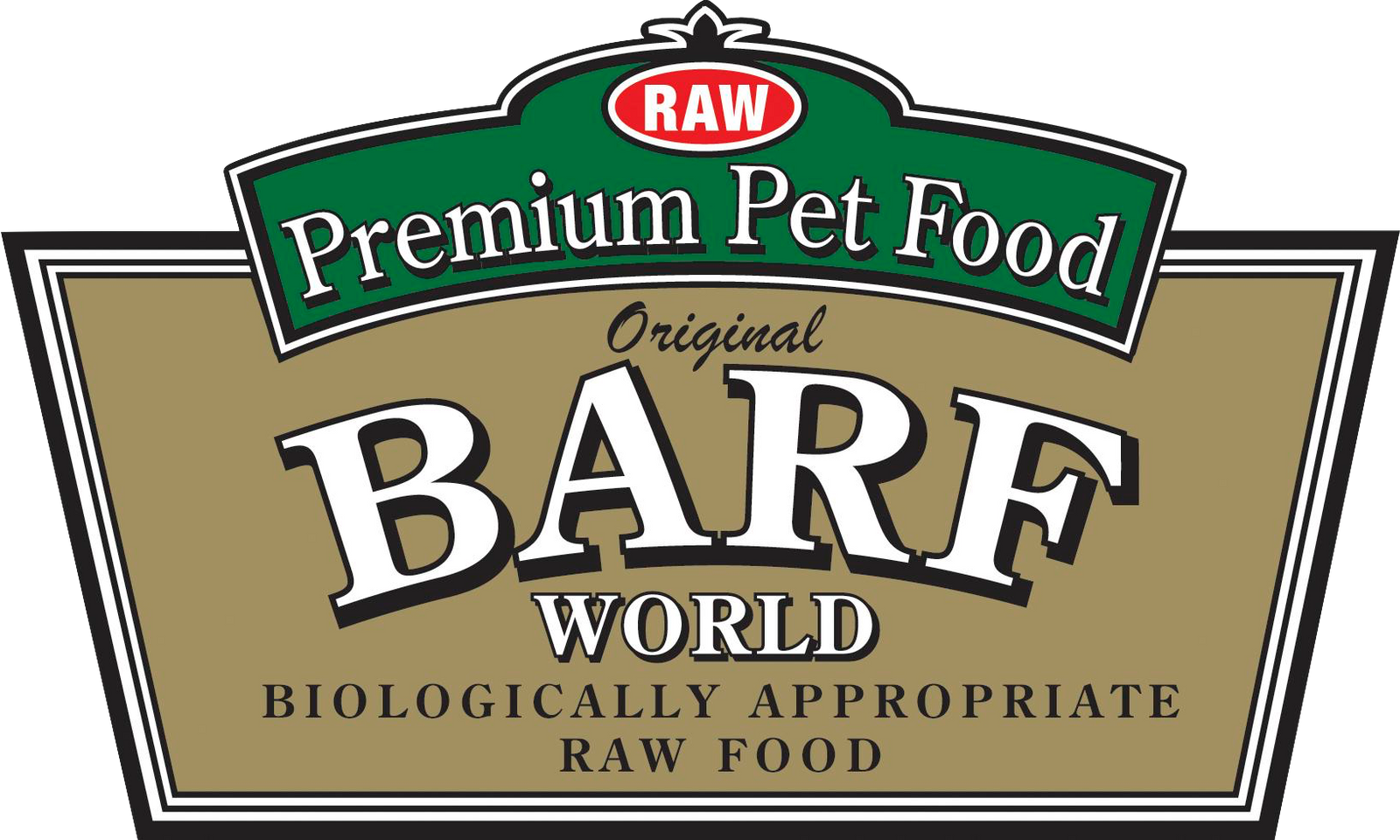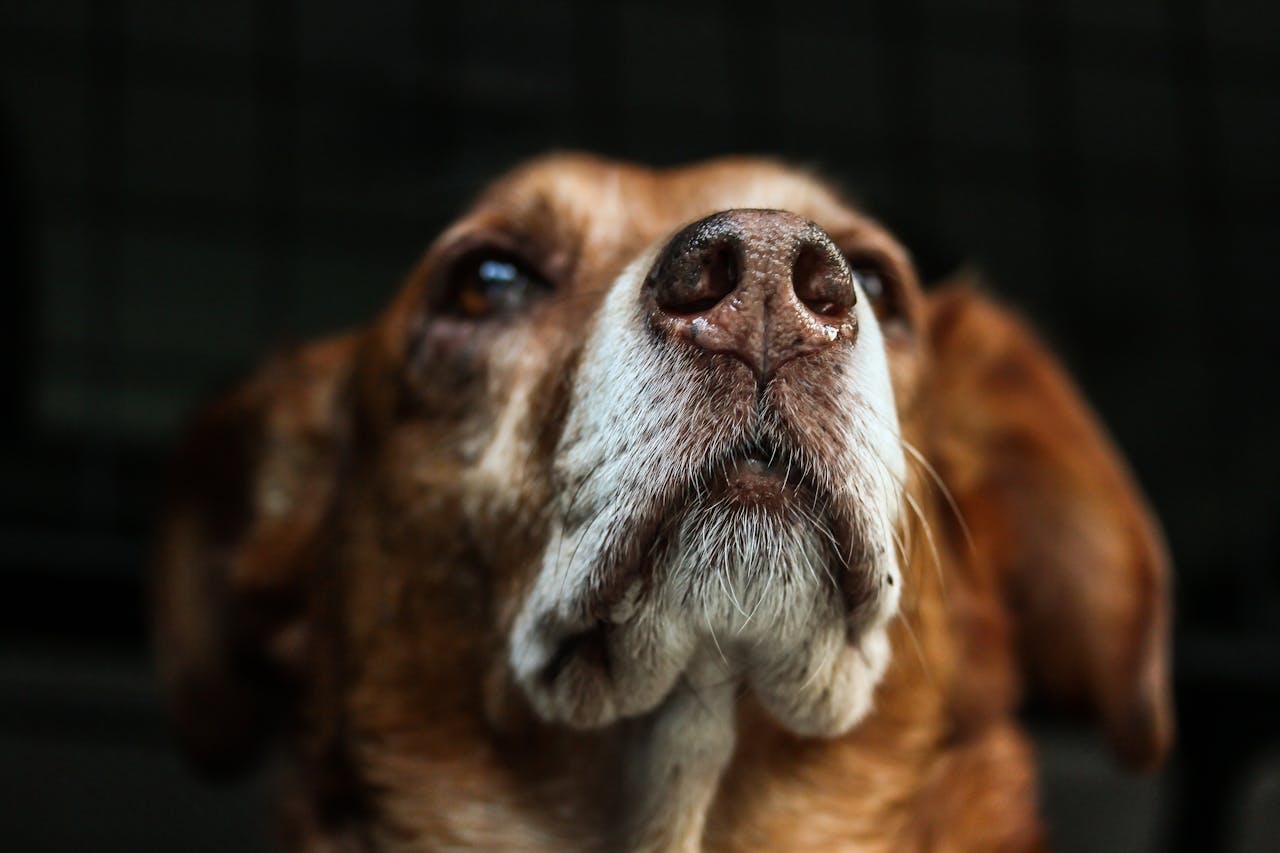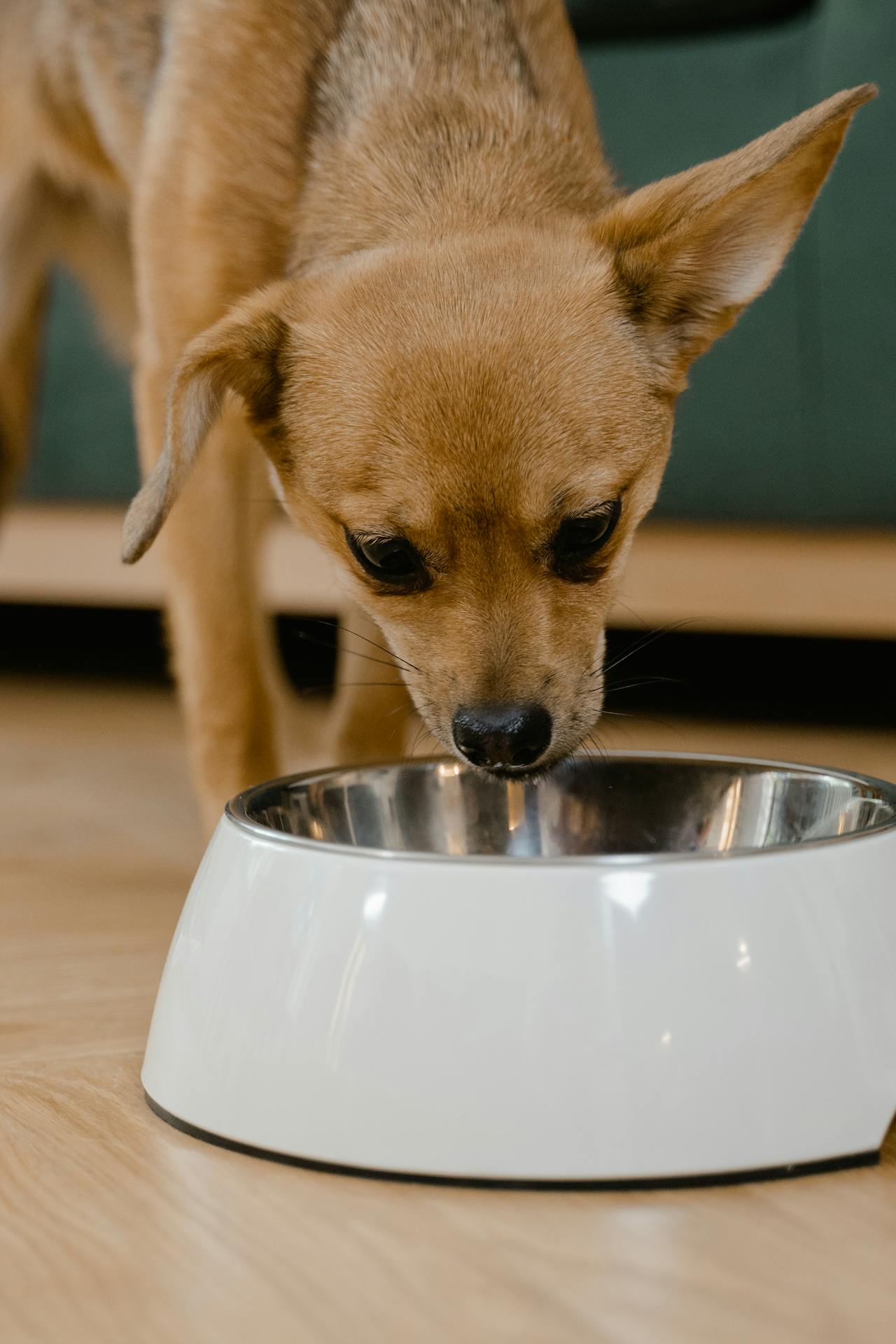It has been reported all over the internet that the American Veterinary Medical Association (AVMA), a leading authority on animal healthcare, plan to adopt a policy discouraging pet owners from feeding their dogs and cats a raw food diet.
It appears that the AVMA has failed to recognize that dogs have thrived on raw foods for centuries… WAY before the introduction of commercially prepared pet foods came along in the mid-1800s. So the question is, who is the AVMA and why are they so against us feeding our pets raw food?
Read on, intelligent pet parent, as we uncover truth.
Pet Food Beginnings
Before the kibbles and canned foods of the world, dogs would go out, catch, and kill their prey or feast on scavenged foods found in the wild. They did not fear risk of bacteria or illness. The high acid environment of their digestive system and the presence of live, active enzymes found in the raw food they ate helped to expedite the digestive process and minimize risk of illness from bacteria. So we know that dogs can handle the normal amounts of bacteria that may be present in raw foods.
Cooked foods – on the other hand – are a different story.
Dry and canned pet foods are heat-treated and therefore lack the enzyme levels necessary for optimal digestion. That is why dry and canned dog food diets stay in your dog’s digestive tract an average of 4-6 hours longer than raw foods do. So when you hear that salmonella-tainted dry dog food has sickened pets, it’s because the food has stayed in their system much longer than intended so the risk for illness is monumentally higher.
The AVMA has cited the risk of illness in both animal and humans as their reasoning behind adopting this policy on raw diets. While we’ve already addressed the concerns over animals getting sick from contaminated foods, what about the risk to humans?
As the recent dry dog food recalls from Diamond, Solid Gold, Natural Balance, Wellness, and numerous other pet food manufacturers proves, cooked pet foods are not exempt from the risk of salmonella infection and other bacterial contaminants. Yet according to number of pet food recalls over the last few years, dry and canned pet foods are much more likely to cause cross contamination and illness in humans.



